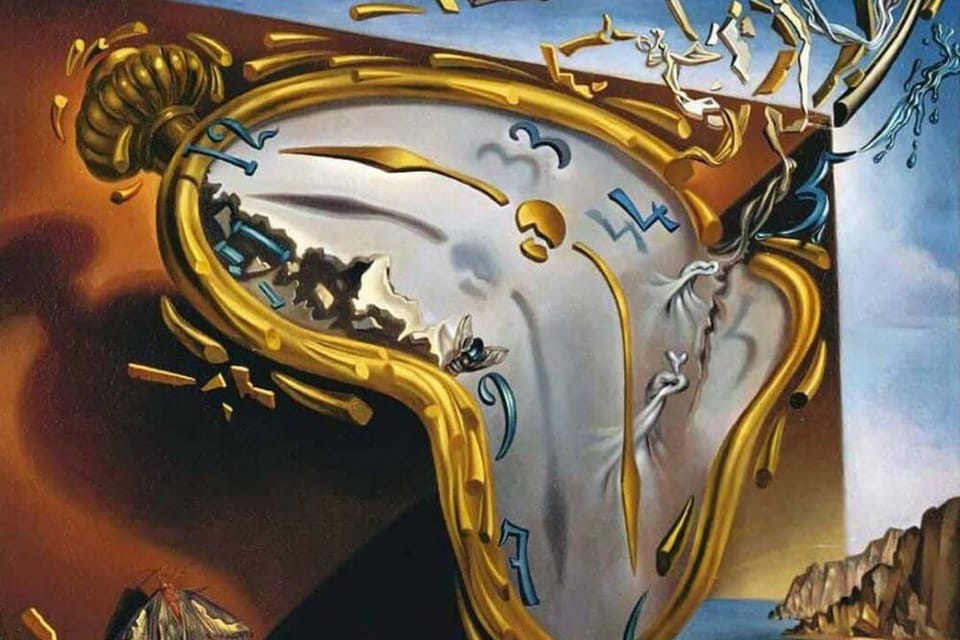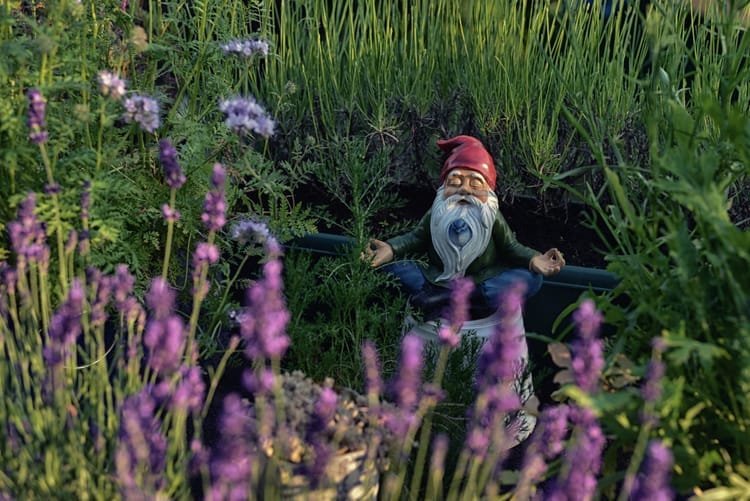Slowing down time

I've recently been on a Thomas Mann reading spree. Over the holidays, I delved into Buddenbrooks, and now I'm tackling The Enchanted Mountain. Of the many observations Mann's narrator shares, I was struck by his digression on the topic of perception of time. Describing the lives of those who spend months or even years at the Davos sanatorium, he reflects on how the monotony of routines makes the days blend into one another. Life, in retrospect, becomes a blur, with time slipping by unnoticed. He suggests that the antidote lies in breaking away from routine—seeking new experiences and shaking things up will give existence a fresh meaning.
A century later, this observation resonates with the ideas explored in a recent article I came across. As we age, the humdrum of daily life can make our days seem indistinguishable. Days, months and even years go by without leaving a clear trace, and when we look back, we're left with a sense of loss or regret over all the things we’ve failed to achieve. But we can slow down our perception of time and experience life more fully.
The article highlights that we can recapture the childlike sense of wonder, where days feel expansive and filled with possibility. When children encounter the world, nearly everything is a first—first experiences, first sights, first feelings. These moments create dense memories, stretching the perceived length of time. For adults, the key to slowing down time lies in creating those "firsts" for ourselves. Just as Mann suggested, new experiences are what make life feel more vivid. Travel, in particular, offers a powerful way to break free from routine, whether it’s a trip to a nearby town or an international adventure.
But novelty doesn’t always have to mean big changes or grand adventures. It can also be something as small as taking a different route to work or exploring a new hobby. Sometimes, it’s simply about noticing the details we tend to overlook: a good meal, a walk in the park, or the joy of a shared laugh.
This resonates with my own experiences. For instance, just yesterday I was reminiscing about the delicious chicken curry galette I ate in Deauville over two years ago, a meal that still stands out in my memory! Similarly, the warm smile from a cashier at the supermarket last week made an otherwise mundane grocery run unexpectedly meaningful. And I’ve always enjoyed varying my route to school, university, or work; the city often rewards me with the discovery of a new shop, a hidden café, or an architectural detail I’d never noticed before. That's not to say I'm particularly good at appreciating all the little things, but it's a skill I've been working on, and it does make my life feel fuller. Practicing mindfulness can help us savor all these smaller moments, so that life may feel just as full on an ordinary day as it does on a vacation.
Also, periodically looking back on your day, week, or year creates a sense of coherence. Journaling or revisiting meaningful moments is a way to prevent the blur Mann describes. A recent habit of mine is to dedicate just two minutes to journaling at the end of the day, using the prompt, "What went well today?". I discovered I always have one or two things to write down, even on my worst days. In addition to helping develop a sense of gratitude, this practice also helps me ensure that I don't just let the days go by unacknowledged.
I’m introducing free 20-minute “mindful chats”—casual conversations where we can explore what’s on your mind, whether it’s managing stress, navigating change, or finding more balance. These chats are also a chance for me to connect, learn, and better understand how to create content that truly resonates. And if you know someone who might enjoy these reflections or benefit from a mindful chat, feel free to share this post with them.



Member discussion